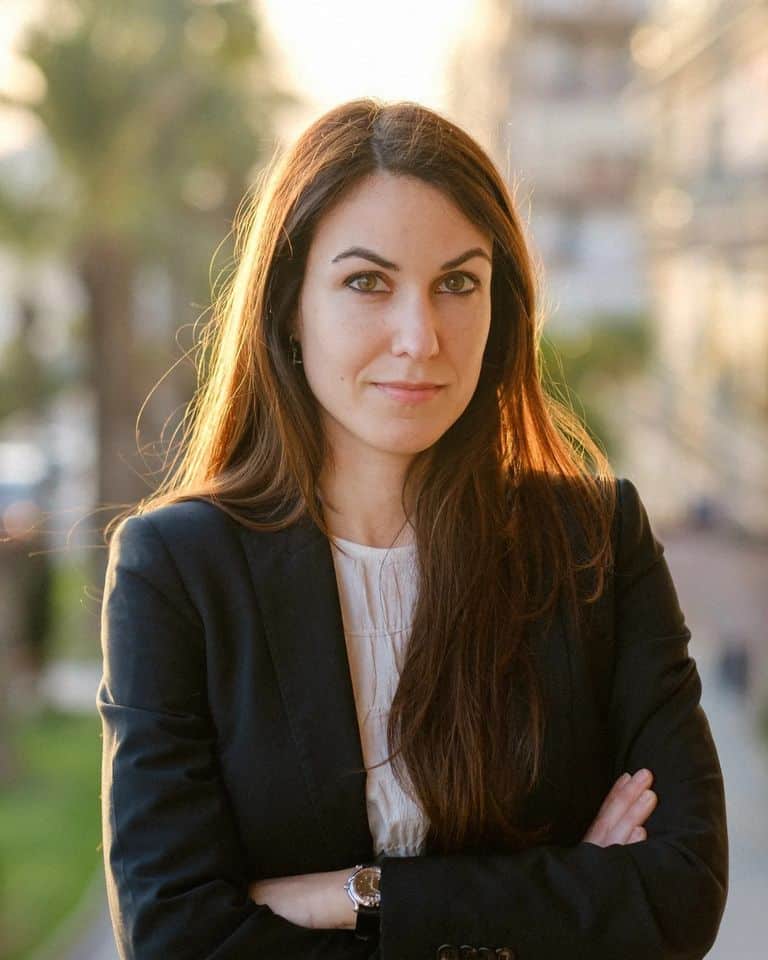Having recently reported on your opinions about much of the decline of some areas of Torrevieja, and the complaints about the waster disposal situation in the town, this week, The Leader presented these problems to the opposition political groups to ask what direct action they would take to tackle the problems affecting real lives, rather than, as one reader put it, “grandioso projects”.
Barbera Soler, mayoral candidate for the PSOE, was quick to answer the specific questions put to her, and offer her, and her parties plans to tackle the issues.
The first question was based around actions to directly improve the conditions for those living in the urbanisations. “Most of the residents live in areas with accessibility, maintenance, security and cleanliness problems. The Socialist Party proposes establishing participatory budgets with projects based on the different residential areas so that the residents themselves decide how to invest in their neighbourhoods. In addition, in all neighbourhoods it is necessary to fix pavements, parks and public spaces. We also want to increase security by creating neighbourhood police officers and providing these areas with basic sports infrastructures, such as calisthenics machines or tracks, and a network of social services and progressively other municipal headquarters outside the city centre. In this way, we would avoid that the citizens of the urbanizations have to travel to do sports or any administrative procedure, taking into account the problem of traffic saturation in the centre and the lack of parking”.
“Something necessary is to connect the city with bike lanes to the extent that it is possible since a large number of people travel by scooter and bicycle. Likewise, the accesses to the port area will be partly pedestrianized, reducing vehicle traffic in the centre. To achieve this, it is also necessary to create public car parks. We are committed to managing the creation of the TRAM with the competent administrations (autonomous) because it is much more efficient and punctual. Buses must also be modernised and increased”.
“On the other hand, we believe that it is convenient to carry out integration programs that contribute to the adaptation of residents to life in Torrevieja and that they should include language exchange and Spanish classes. The language exchange has been taking place at the CIAJ (Youth Information and Animation Centre) between student and resident volunteers. It needs to be complemented with Spanish classes for foreigners that allow residents to acquire a basic level for the exchange. In addition, this favours integration and coexistence”.
“It is also necessary to encourage interaction with the local community, promoting Torrevieja culture so that everyone can enjoy the traditions and what makes Torrevieja unique. For example, by holding municipal conferences and school workshops -in collaboration with cultural associations and other organisations- on local biodiversity and its preservation and on the history and heritage of Torrevieja, with special emphasis on the Eras de la Sal, the salt mines, the Laguna, the Natural Park and the Casino of Torrevieja; through the celebration of a municipal conference and salt craft workshops; or through the setting up of a Marine Interpretation Centre that offers knowledge of the marine environment of our city”.
“It is equally necessary to improve communication: services and advice on various matters must be offered in different languages and the communication channel with the local administration must be facilitated so that residents can convey their opinions, concerns, and suggestions to the local government. Thus, we could work together to address the problems of the municipality and improve the quality of life of citizens”.
We also asked about the waste disposal situation, as we have had numerous complaints about dustbins moving far away from where they were, dustbins that are difficult to open for the more frail residents, green waste bins disappearing completely, etc, to which the response was clear, “The garbage collection contract must be reviewed since almost 25 million euro are paid per year, a quarter of the entire municipal budget, and everything is still dirty. The change in bins is not conducive to cleanliness and side-loading bins are sometimes too heavy for older people to pedal, so they leave the rubbish outside. It is necessary to take measures aimed at cleaning the entire city urgently”.





